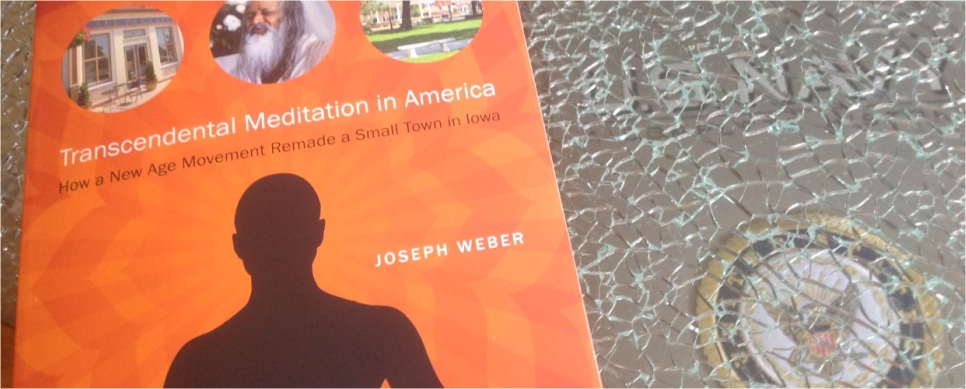“The Transcendental Meditation technique is a technique that uses the natural tendency of the mind. The natural tendency of the mind is to wander toward something of greater charm.” – Maharishi Mahesh Yogi, quoted at www.maharishiphotos.com/tmintro.html
“Transcendental Meditation is effortless because it is natural. It is based on a simple principle that the natural tendency of the human mind is to go to a field of greater happiness. We do not need training to go to a field of greater happiness. If you are listening to one radio playing and another radio starts playing a more attractive melody, no training is necessary to stop listening to the first radio and to listen to a better melody.” – Maharishi Mahesh Yogi, quoted at dubrovnik-peace-project.org/sci/interview_with_maharishi.htm
I heard this statement during my first encounter with TM — at the free introductory lecture. It is one of the most basic postulates on which Maharishi explains how TM works and on which he builds his case in favor of TM.
Maharishi had other basic postulates. (2) There is such a thing as a “source of thought” (a poorly defined and unproven postulate). (3) Since all “thoughts” have “energy“ and “direction,” the “source of thought” is therefore a field of infinite energy and intelligence. (Poorly defined terms and poor logic.) (4) The “source of thought” is also a field of bliss. (Unproven.) (5) The “mind”
finds these qualities attractive. (Poorly defined terms and not proven.) (6) Therefore, the “mind” is spontaneously drawn towards the “source of thought.” (7) This is why TM is easy, natural and effortless. (8) Its “naturalness” is an indication of TM’s inherent goodness. (Poor logic).
What did you think the first time you heard this? What did you think the 50th time you heard it? Have you ever heard anyone thinking independently and disagreeing with Mahesh on this topic?
Mahesh states that the “mind” is automatically drawn to areas of increasing charm. In this essay, I contend that this, Mahesh’s first premise, is flawed. I propose, rather, that the mind automatically can be drawn in a number of many different directions; depending on an individual’s desires, history, expectations, training, habits, genetics, circumstances, biochemistry, etc.
It is true that people are often spontaneously drawn to beautiful music, nature, beautiful paintings, kind people, etc.
But people’s minds are also spontaneously drawn to non-charming areas. People sometimes awaken at 3 a.m. with their mind spontaneously thinking worrisome thoughts. People often spontaneously think anxious and depressing thoughts during the day.
People who have been traumatized sometimes experience “flashbacks”. These are spontaneous vivid memories of awful events. War veterans have been known to spontaneously find their mind drawn to these memories even decades later. Rape victims also sometimes find their mind spontaneously drawn to vivid terrifying rape memories for decades.
People’s minds are effortlessly drawn in the direction of non-charming scary sounds such as screaming, trucks backfiring, or bombs exploding.
People spend hours watching movies and TV shows about noncharming topics like murder, crime, horror, war, monsters, dystopias, catastrophies, etc. Their minds must be “naturally drawn” there; according to Maharishi these topics must therefore be “charming.”
Many people find their minds effortlessly and spontaneously full of non-stop self-critical chatter.
Therefore, Mahesh’s claim that “The mind is naturally drawn in the direction of increasing charm,” is clearly inaccurate or at the very least an oversimplification. Therefore, Maharishi’s most basic claims regarding how and why T.M. works, and the positive implications of these claims (such as that it is natural therefore it must be wholesome) should, in my opinion, be re-considered.
SOURCE: tmfree.blogspot.com
“The Natural Tendency of the Mind”







